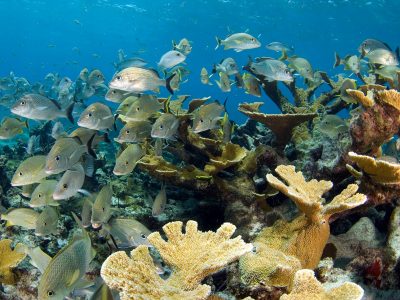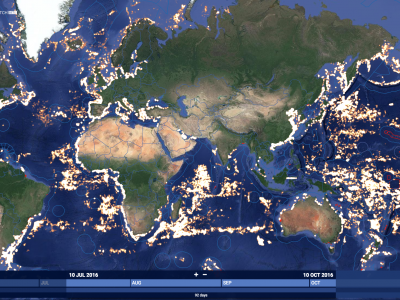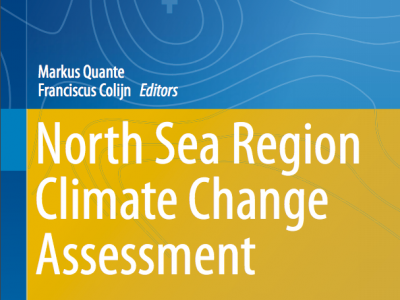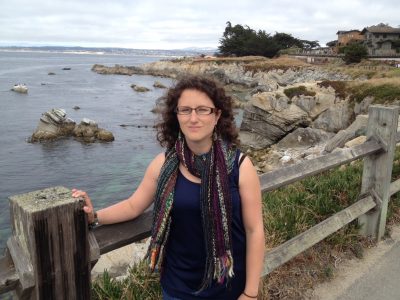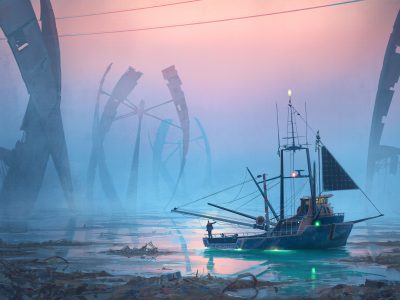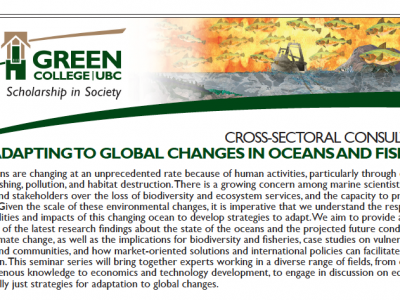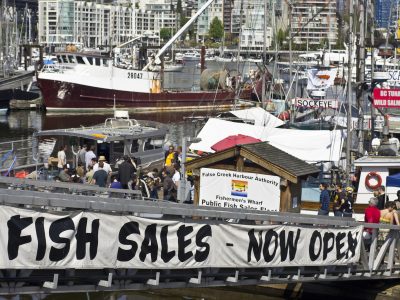Mexico needs to rethink environmental protection budget cuts, prioritize ecologically-sustainable human development
By Andrés M. Cisneros-Montemayor
Mexico recently released its budget for 2017, and among the top five largest cuts were environmental protection (down by 37%), culture (-30%), and education (-11%). Political rhetoric aside, these cuts reflect a continuing view of these issues as minor, long-term, or otherwise less important or pressing. The problem is, these views also directly contradict a growing recognition in international policy of the importance of the environment, culture and education, in and of themselves, but also as part of an interdependent suite of human development goals.



